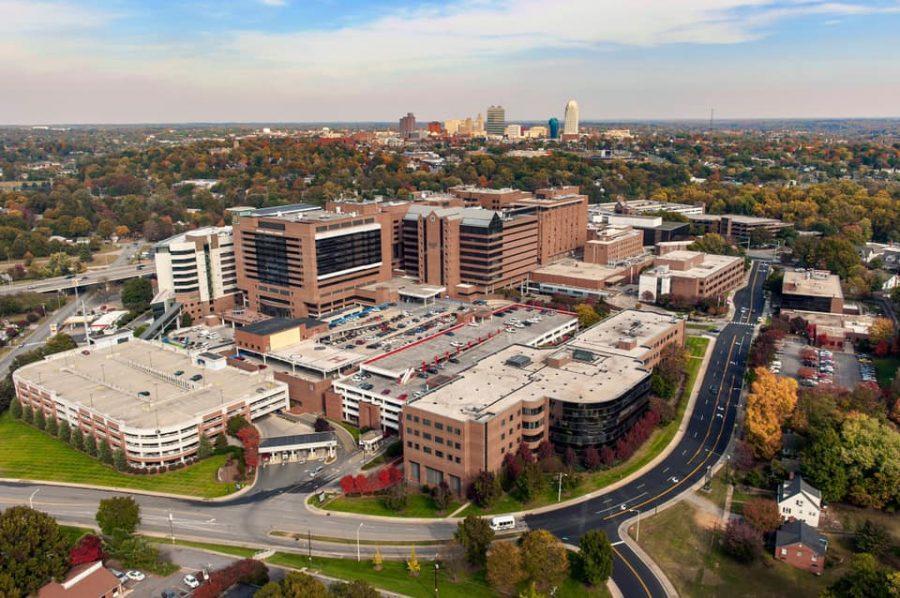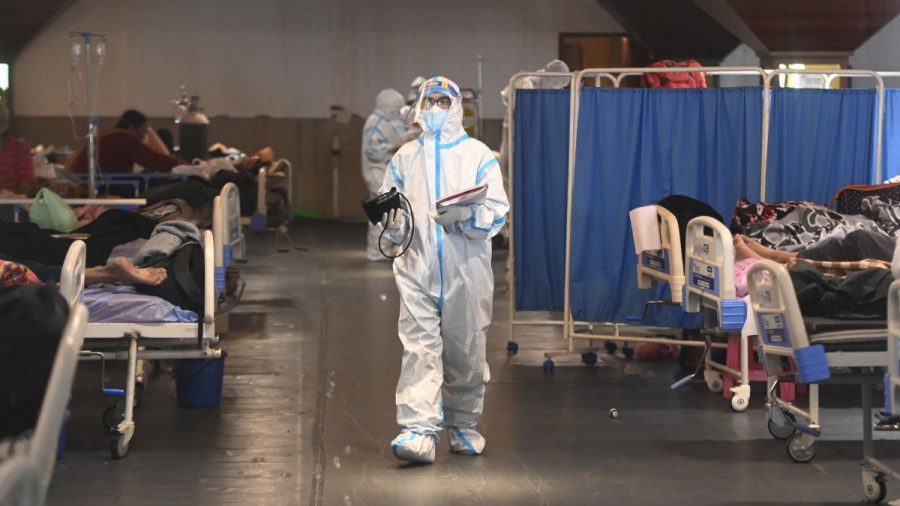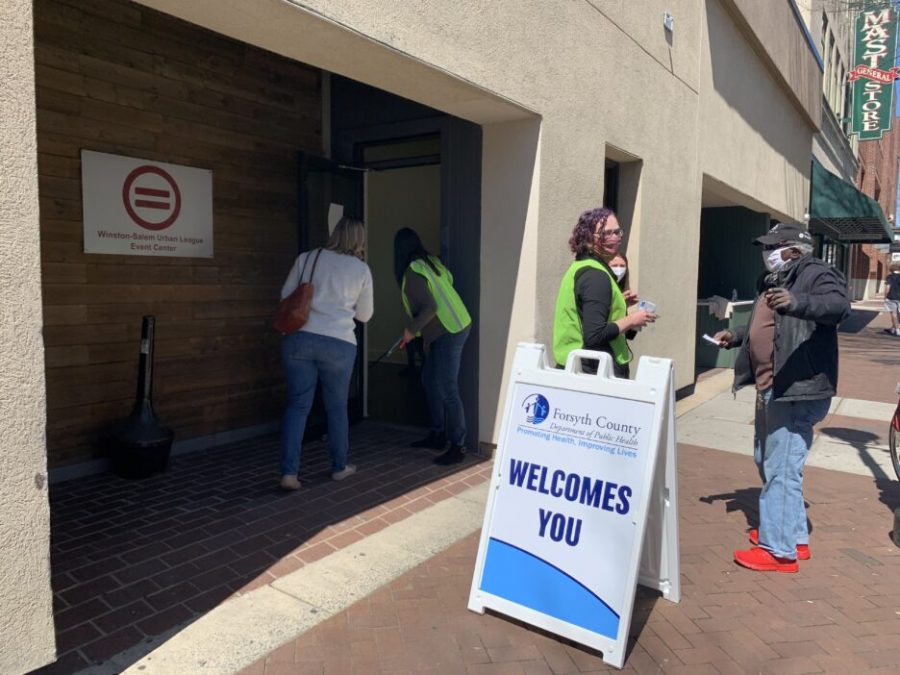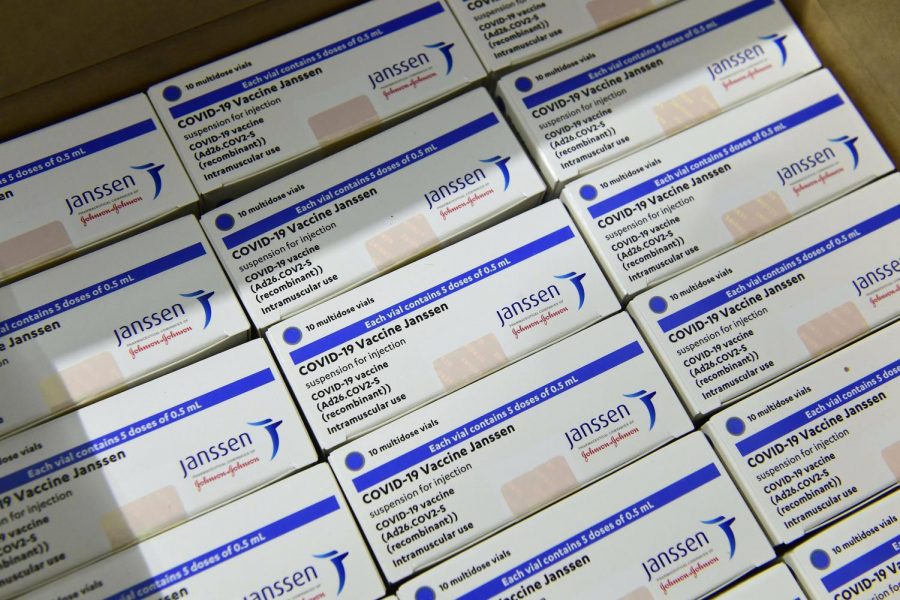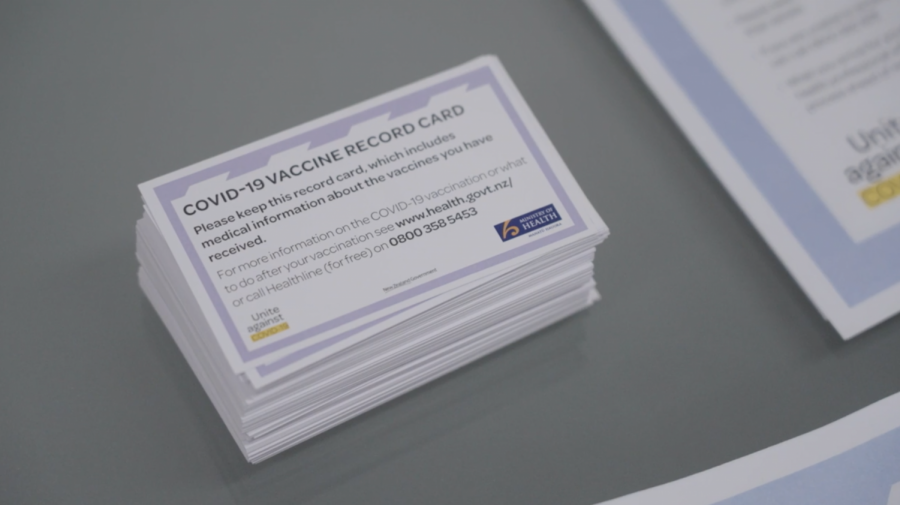When the pandemic hit the United States in early March, North Carolina and Forsyth County were initially relatively untouched. Dr. Blake Briggs witnessed first-hand the spread of the virus in the heart of Winston-Salem, working as an Emergency Room (E.R.) practitioner at Wake Forest Baptist Health. He served on the frontlines of the COVID-19 pandemic from the virus’ emergence in March to his last day working there on June 30.
Briggs was completing his residency at Wake Forest Baptist Health, the final months of his stay were occupied by the pandemic’s evolution from early March into the summer.
“In April, May and June I saw throughout the spread and kind of the whole process,” Briggs said. “I was also on a research paper that just got published analyzing trends and analyzing the public at large and the nation’s response to COVID-19 and kind of their feelings about COVID -19 nationwide.”
His heavy analytical research in regards to the pandemic and the experiences he had working in the ER rooms of Baptist Health illuminated issues that Forsyth County faced at the onset of the pandemic, notably a severe lack of available tests and adequate protocols.
Furthermore, Briggs mentioned a massive disparity between the number of positive COVID-19 cases within the Hispanic community compared to other groups in the community.This lead to a more global discussion focusing on the response to the pandemic in the United States.
With regard to testing, Briggs said that like everywhere else in the country, Forsyth County and Wake Forest Baptist Health were simply unprepared to deal with the pandemic. As the first few cases emerged in Winston-Salem, Briggs stated that there were virtually “no tests,” in Forsyth County, not unlike the rest of the country.
Briggs said that throughout his time working at the hospital during the pandemic, staff were required to ration personal protective equipment (PPE).
“From my time from March to June 30, I can tell you that for the most part, we did have what we needed. We had to ration. So we would have to wear one surgical mask (N95) every eight hours” Briggs said.
The current pandemic has exposed significant racial disparities, which negatively impact the the Hispanic population in Forsyth County. Although the Hispanic population makes up only 13% of Forsyth’s population demographic, they accounted for 54% of people infected with the virus in late May.
“I’m not surprised at all [that Hispanic people are disproportionately affected by COVID-19],” Briggs said. “That’s something I saw every day.”
Briggs also mentioned that Hispanic residents of the Winston-Salem community tend to have a large number of family members living in one household. In such cases, it is the children, teens or young adults living within the household who work or go to school and may unknowingly bring the virus back to their homes, as roughly 45% of COVID-19 cases among young adults and teens are asymptomatic.
It is these family systems that Briggs suggests make it very difficult for social distancing to occur, especially because many Hispanics that have working class jobs in Winston-Salem have employers that refuse to grant them paid-leave if they become sick. Therefore, they are left with no choice but to go to work.
“Even if their employer does give [paid leave] to them, they are trying to put food on the table, they’re trying to work hard,” Briggs said. “Unfortunately, they are in a position where their employer will not typically grant them days off.”
Briggs also mentioned that COVID-19 is taking a toll on the older members of the Hispanic community.
“Unfortunately, [the pandemic] is tough for the older population, like the elders of the family who live in the house. They have a high riskof getting very sick,” Briggs said.
Finally, Briggs highlighted the fact that many members of the Latino community in Forsyth County are uninsured, which naturally dissuades them from seeing a doctor or going to the E.R. unless they are facing a serious emergency.
Therefore, Briggs is suggesting that avoiding treatment for reasons pertaining to the unaffordable cost of healthcare steers the Hispanic community in Forsyth County away from emergency rooms or doctors offices even if they are experiencing symptoms of COVID-19.
As the pandemic has progressed, Hispanics in Forsyth County still represent a large majority of positive cases within the community. The disproportionate amount of cases in the Hispanic community reveals the racial disparities in the healthcare system.
The racial dispairities in Forsyth County are among the largest COVID-19 related disparities of any other county in the state of North Carolina. This serves as a microcosmic example of the extent to which the pandemic’s vicious spread is hammering minority communities adversely across the country.
From Briggs’ account, it seems clear that socio-economic issues regarding housing, jobs and the unaffordable cost of healthcare are affecting the largely working-class Hispanic community in the Winston-Salem area.
The most recent report from the Forsyth County Department of Public Health published Sept. 12 found that 45.7% of the 6,535 positive cases recorded in the county since the beginning of the Pandemic belonged to the Hipanic/Latino population.


